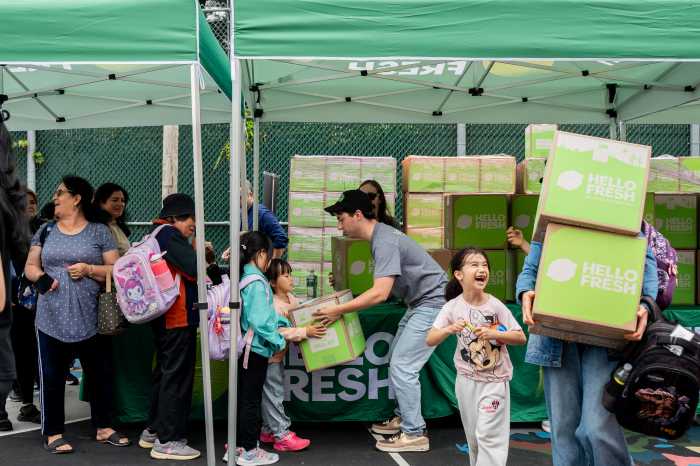Someone at Urban Outfitters should probably take a history class.
The clothing retailer was selling a “vintage” red Kent State sweatshirt — with red stains that look like blood. As of early Monday morning, the sweatshirt appeared on Urban Outfitters website as “sold out.”
The sweatshirt invokes the May 4, 1970 shooting at Kent State, in which four unarmed college students were killed by Ohio National Guardsman during a protest against the Vietnam War.
According to BuzzFeed, Urban Outfitters described the sweatshirt as “washed soft and perfectly broken in, this vintage Kent State sweatshirt is cut in a loose, slouchy fit … We only have one, so get it or regret it!” The sweatshirt is priced at $129.
Kent State University issued a statement on Monday that the university “takes great offense to a company using our pain for their publicity and profit. This item is beyond poor taste and trivializes a loss of life that still hurts the Kent State community today.”
Urban Outfitters, meanwhile, issued a statement on Twitter saying they “deeply regret this item was perceived negatively.”
“It was never our intention to to allude to the tragic events that took place at Kent State in 1970 and we are extremely saddened that this item was perceived as such,” the statement continued. “The one-of-a-kind item was purchased as part of our sun-faded vintage collection. There is no blood on this shirt nor has this item been altered in any way. The red stains are discoloration from the original shade of the shirt and the holes are from natural wear and fray.”
The sweatshirt made the rounds on social media Sunday and Monday morning. “Please fire every person who thought this was okay,” aliciadolata tweeted.
By Sunday night, the sweatshirt had appeared on eBay with a selling price of $550, which had gone up to $2,500 by Monday morning. “Perfect for Halloween or whatever your deal is,” the seller wrote. “Also; I’m gonna give 50% of the profit to The Southern Poverty Law Center, who protect those who cannot protect themselves, often those who are victims of police brutality.”



































